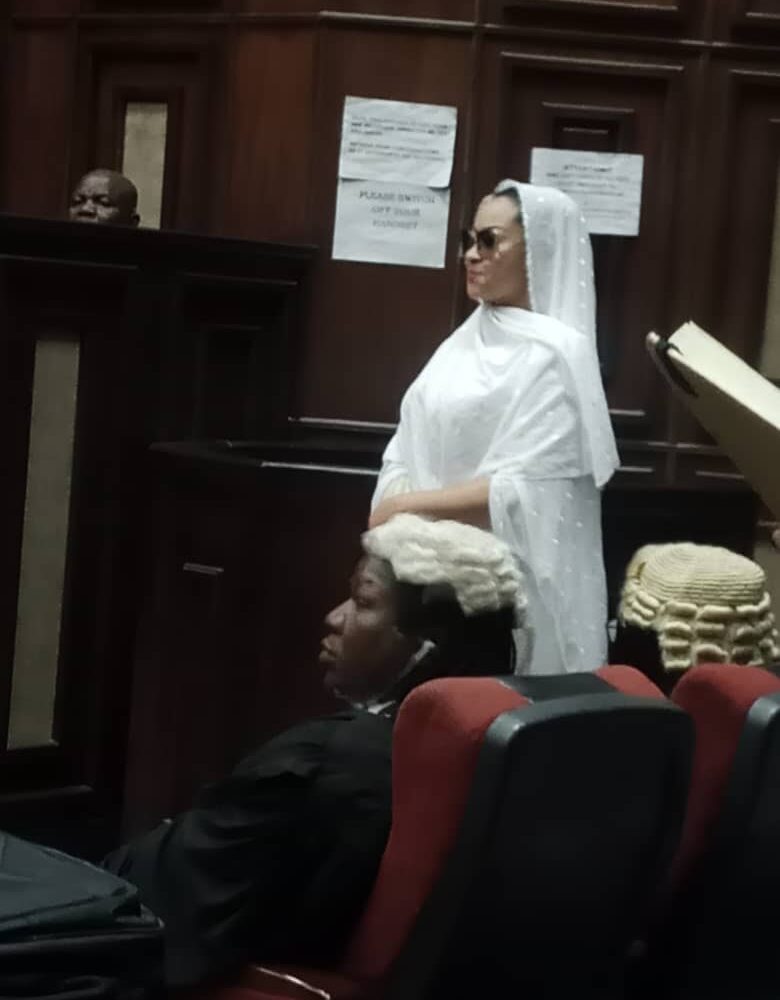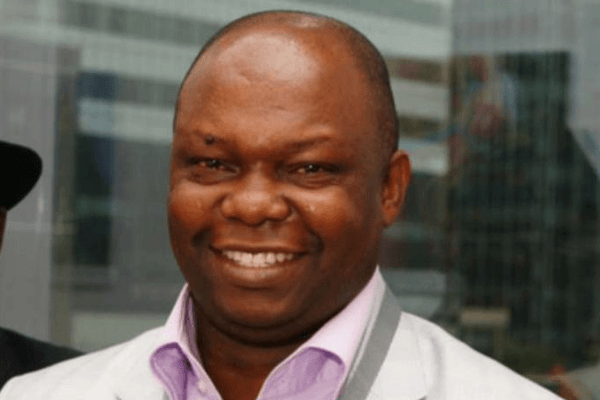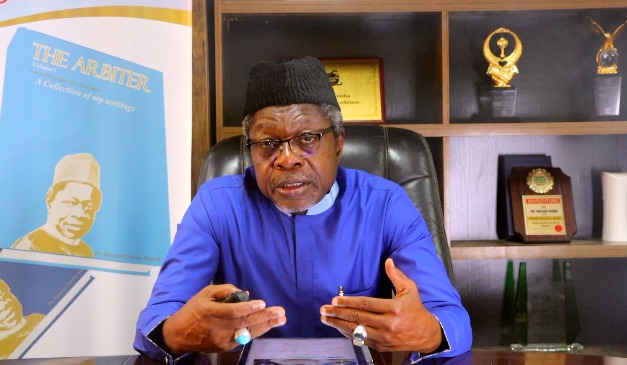Deputizing in Nigerian politics can be quite interesting. The deputy governor is the second citizen of a state, just like the vice president is the second citizen of the nation. But unlike the vice president of Nigeria who has been performing wonderfully even while the president is not away, the story is not the same at the state levels. Though the constitution of the nation and that of the state have the duties of the deputies clearly spelt out, strict adherence to them is hardly observed.
Besides, the deputies are not celebrated. They are very silent and only act at the wish of their bosses, most often not according to what is prescribed for them by the constitution. There is no doubt that some of the deputy governors are more intellectually balanced and more proactive. That is why there is hardly any state where the two first citizens sincerely hug themselves and share heartfelt feelings and smiles.
A critical survey of the last general elections in the country did not only reveal the level of disparity between the political class and the electorate but also exposed the tacit infidelity and distrust between state governors and their deputies. A case study here is Ebonyi state and the remarkable scenario that played out prior and during the electioneering campaigns and the governorship election proper between the immediate past governor Chief Martin Elechi and his then deputy now governor, Engr. Dave Umahi.
In 2007, I wrote a similar article on the topic and scrutinized the squabbles that raged in most of the states of the federation between then state governors and their deputies which in most cases led to the impeachment of deputies. In short the era between 2005 and 2010 witnessed the sacking of deputy governors through the instrumentality of the state assemblies. State assemblies by then, still counting, have proven to be a department of the executive arm. In the exception of a few, the state legislatures are made handicapped, thus dependent.
Except for the past three years, since the nation returned to democratic processes, a lot of fortunes and misfortunes arising from the relationship between state governors and their deputies have been recorded. Checks in the past democratic dispensation showed that governors did not allow their deputies to perform maximally. From the north to the south, east to west, the case was same. Instead, some governors fell out with their deputies while some of those deputies who survived were barely reduced to a mere cog in the state political machine.
The situation was even worse at the federal level between former President Olusegun Obasanjo and his vice Atiku Abubakar. Umaru Musa Yar’Adua was later unsteady, but at the beginning his vice Goodluck Jonathan had ugly stories to tell. The same Goodluck did not allow his vice Namadi Sambo to perform maximally. It is only this era that Nigerians are witnessing a vice performing all constitutional duties prescribed for him. This is real democracy at work.
At the state levels again, unless for the deputy governors whose bosses were impeached by their state assemblies, it was hard for some of them to take over the leadership of their states in the last gubernatorial polls. The deputies had tales to tell their people and Nigerians on the ugly situations they found themselves after being sworn in. In the history of Nigeria, methinks some governors had more than two deputies within a short span of time. Within eight years in Abia state, for instance, former Governor Orji Uzor Kalu had three deputies. From Eyinna Aberibe on political misunderstandings to Chima Nwafor on the grounds of disloyalty to Acho Nwakamma, the struggle for a sole administration continued. It was even alleged that Nwafor gave up the ghost in the struggle to justify his innocence against allegations levelled against him.
The point that remains valid here is that there can be no meaningful development and peace in a society where the first and second citizens fight for whatever reason. While the effect may not be much on the governor because of the arm twisting method of governance prevailing the nation’s politics, the deputies definitely are always at the receiving end as they lose focus to bring development to their people and even kinsmen. It was the consensus of many political analysts as well as some party loyalists that deputy governors were often ‘too loyal and soft’ and as such that earned them the political weakness to stand for or replace their bosses when the need arose. Others, however, believed that governors do not allow their deputies to take over for the fear that much would be revealed in time of disagreements in future.
Whether or not it was right, the fact remained that it portrayed the internal misunderstandings that always exist in government houses across the country between the governors and their deputies. Furthermore, it revealed the hunger for power by some deputies who, waiting patiently for long, exploit the slightest chance to prove their relevance in government. It cannot be asserted that governors do hand over to their deputies in the many official and unofficial trips they outside the country.
Since 1999, there is hardly any state of the federation which did not experience political crisis among the top government functionaries, however, little and especially between the first two citizens of the states. Even if it could be attributed to the gradual growth in the democratic process, it could also be linked to the Nigerian or African context where selfishness, the hunger for unconstitutionality, power obsession and nepotism still prevail the polity.
The deputies mostly keep silent even if their governors do wrong out of fear of being sacked through arm twisting their state assemblies. Deputy governors in Nigeria are nothing but patient servants. I do not think they have much relevance in the nation’s politics because governors do not allow them to act sufficiently and independently. But looking from another angle, it should be so because human beings are very complex creatures who are sometimes unpredictable. Power intoxicates and authority is authority. Again, respect for constituted authority is demanding. You are either on one side or the other. So, a deputy naturally is at the mercy of the governor.
Let us look at the 2015 democratic transition and see how the state governors selected their deputies in terms of gender and religions and other criteria. The PDP controls 11 states: Abia, Akwa Ibom, Bayelsa, Cross River, Delta, Ebonyi, Ekiti, Enugu, Gombe, Rivers and Taraba. APC controls 24 states: Adamawa, Bauchi, Benue, Borno, Edo, Imo, Jigawa, Kaduna, Kano, Katsina, Kebbi, Kogi, Kwara, Lagos, Nasarawa, Niger, Ogun, Ondo, Osun, Oyo, Plateau, Sokoto, Yobe and Zamfara. Anambra remains APGA.
Only five states were gender sensitive by electing female deputy governors: Enugu, Lagos Ogun, Osun and Rivers. And on religious considerations, governors of states like Adamawa, Edo (not too sure), Gombe, Kaduna, Kogi, Kwara, Lagos, Nasarawa, Ogun, Ondo (not too sure), Osun, Oyo and Taraba took their deputies from the second religious groups of their states. How the deputies are performing would be surveyed next.





